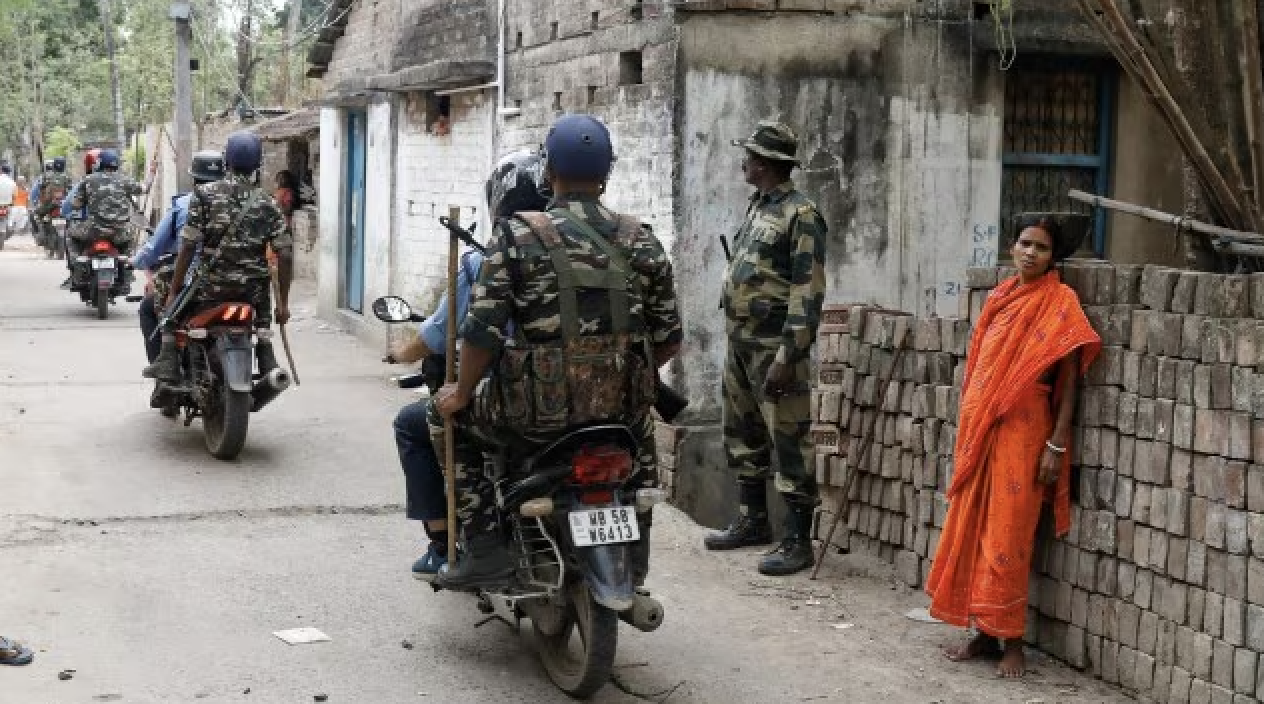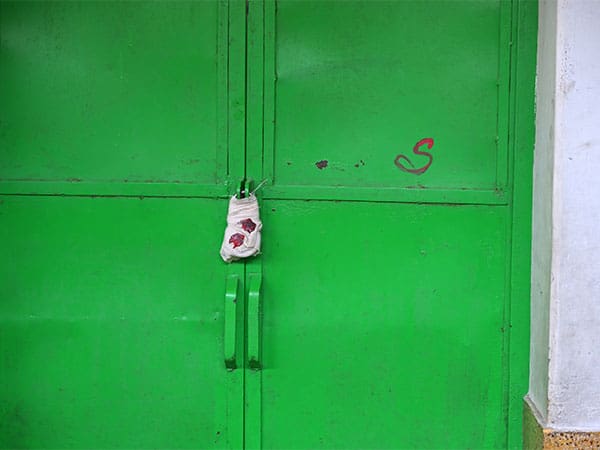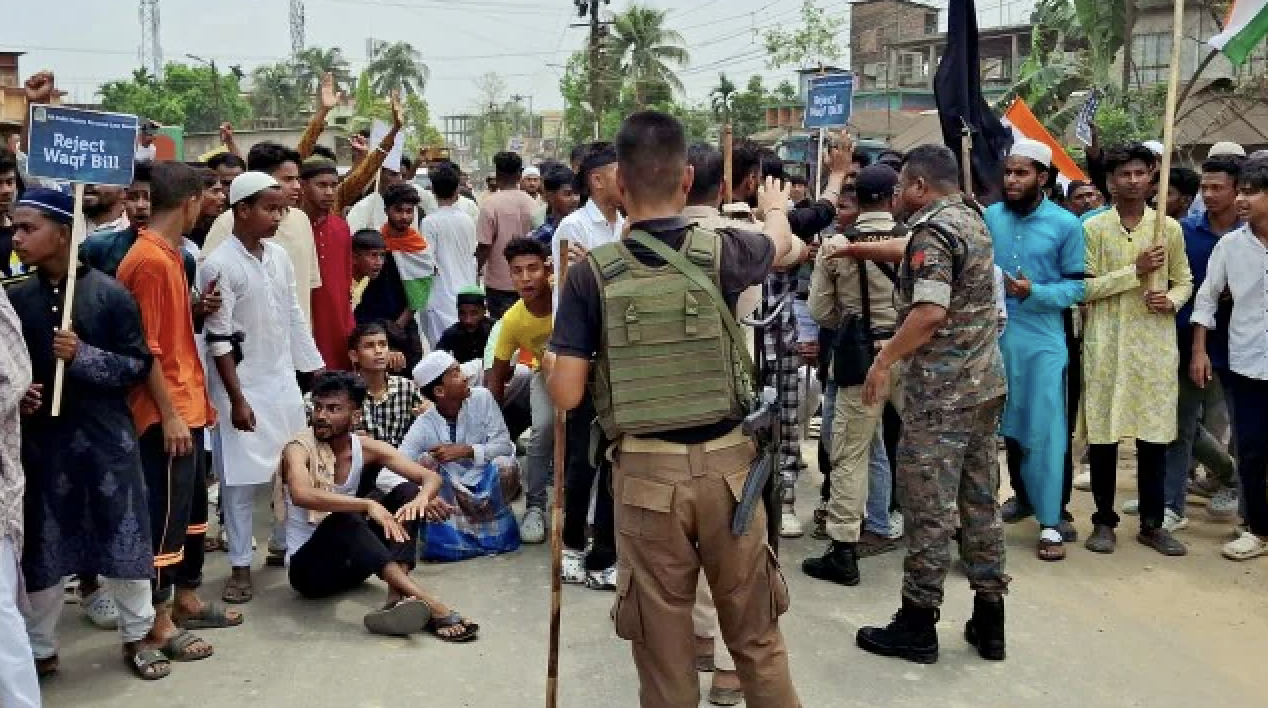
New Delhi: The US Congress’s powerful house foreign affairs committee has sent a letter addressed to external affairs minister S. Jaishankar, expressing concern that the situation in Jammu and Kashmir had “not normalised” one year after the revocation of its constitutional autonomy.
Dated August 5, the joint letter was written by the US House committee on foreign affairs’ democrat chairman, Elliot Engel, and the Republican ranking member Michael McCaul, to mark the one-year anniversary of the scrapping of Jammu and Kashmir’s special status and its bifurcation into two Union Territories.
Describing themselves as “champions of the US-India relationship”, both of them said that they had been delighted to see close cooperation on issues ranging from defence and climate change between the two countries.
“It is because of our support for the bilateral relationship that we note with concern that conditions in Jammu and Kashmir have not normalized one year after India’s repeal of Article 370 and the establishment of Jammu and Kashmir as a Union Territory,” the letter stated.
They pointed out that there was bipartisan support for a strong US-India partnership and also quoted Prime Minister Narendra Modi’s statement on there existing a “far greater and closer relationship”.
The letter also stated that this relationship had greater value with India going through a crisis at the India-China border, where commanders are still not able to agree on the disengagement process.
“This closer relationship is all the more important as India faces aggression from China along your shared border, which is part of the Chinese government’s consistent pattern of unlawful and belligerent territorial aggression across the Indo-Pacific. The United States will remain steadfast in support of India’s efforts to defend its sovereignty and territorial integrity,” it said.
Acknowledging “serious security and counter-terrorism concerns”, the two senior US lawmakers said that they looked forward to “working with [the] government to address these concerns while upholding our shared commitments to the democratic values and freedoms on which our countries’ bond was built”.
“As Prime Minister Modi said earlier this year, “Unity in diversity and unity’s vibrancy is the key to a strong relationship between India and America,” the letter concluded.
During the weekly briefing in New Delhi on Thursday, MEA spokesperson Anurag Srivastava said that the letter reflected the bipartisan support for the bilateral relationship.
On the reference to Kashmir, he said that there have “several positive changes in the UT of J&K over the past one year, be it in terms of ensuring good governance or socio economic development or justice to the disadvantaged sections of the population”.
He cited block development council elections, Khelo India winter games, reopening of schools, better health facilities, infrastructure development as examples of the “positive developments”.
“So, all this certainly reflects return to complete normalcy. We continue to be engaged with and brief our interlocutors including the (US) Congress in this regard and we will be happy to brief the (US) Congress,” he said.
Compared to the US administration, the US Congress has been more vocal about their concerns, with two hearings organised in Capitol Hill on India’s move to change Kashmir’s special status.
The US government, as well as, congressional lawmakers have stated that India is entitled to revoke section 370 of the constitution, as it is an internal legislative process. However, since then, US voices have largely referred to the incomplete process of political engagement and removal of restrictions on communications.
The first expression of concern from the US administration had been by an anonymous state department official during a background briefing on August 21 last year. “We recognize that it’s an internal matter, but it obviously has implications outside of India’s borders,” the official said.
The senior US diplomat noted that Washington’s “near term” focus was on release of detainees and restoration of “basic freedoms”. The next step would be restoration of “political normalcy” on Jammu and Kashmir, first as a union territory and then as a state, the official stated.
A week later, the US embassy spokesperson also echoed those words and called for a return to “normal political status” as committed by Modi in his Independence Day speech.
While the US administration has been slowly escalating its concerns about the human rights situation in Kashmir, US lawmakers have been more forthright in directly criticising India. New Delhi’s actions after August 5 in Kashmir was the focus of two hearings in the US Congress, so far.
The state department in September 2019 again flagged the need for “political engagement” with Kashmiri leaders and hoped that elections would be scheduled at the “earliest opportunity”.
In the same month, prime minister Modi was in the United States to hold talks with Trump and take part in the ‘Howdy Modi’ rally in Texas. Then acting US state department assistant secretary for south and central Asia, Alice Wells had claimed that the had US expressed concern about the need for normalisation of the political scenario during the talks.
In between, President Donald Trump had once again expressed interest in mediating between India and Pakistan on Kashmir. This, predictably, was a non-starter.
This story first appeared in ‘The Wire’ here.






